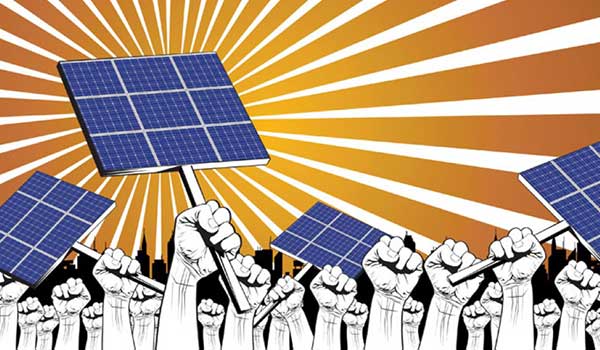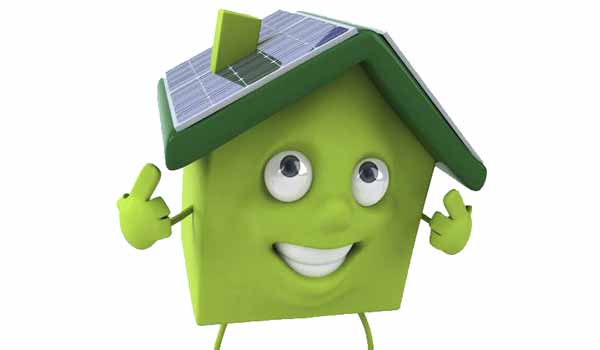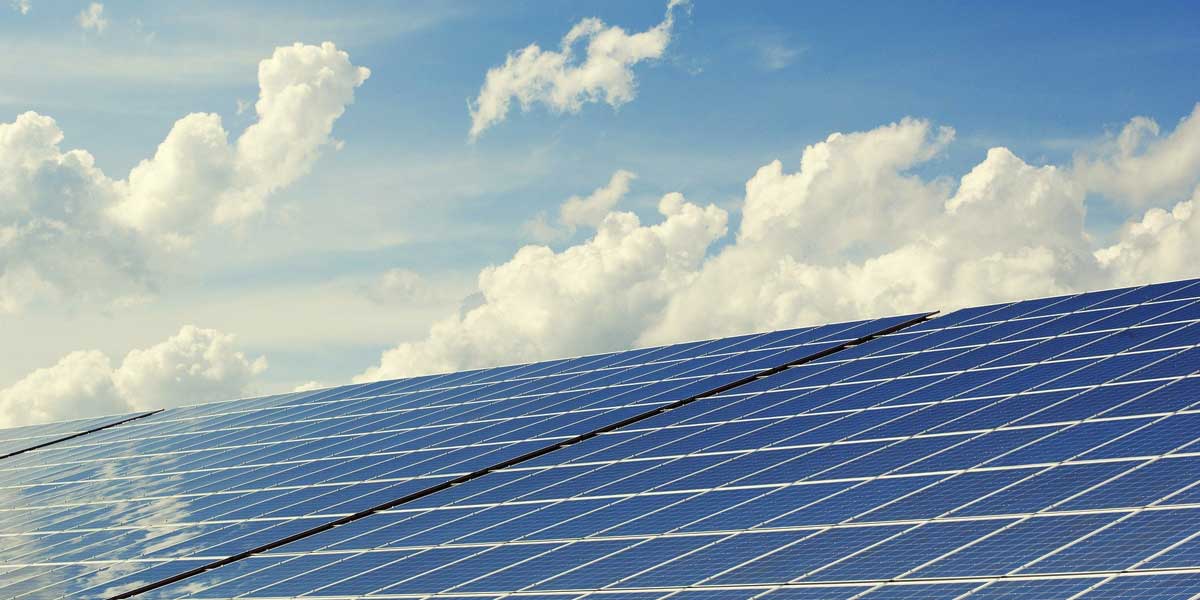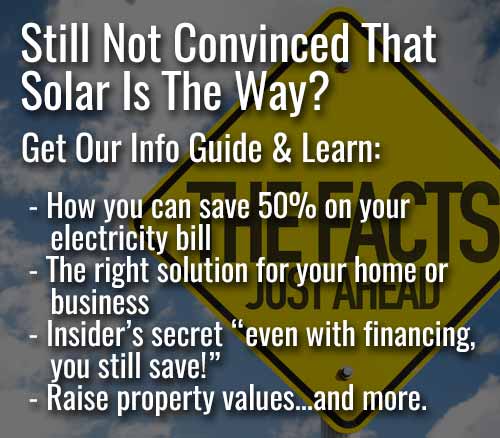Solar power is an investment – one that’s becoming more and more important as the South African state utility lags further behind in service delivery. But how can you be sure you’re investing in the right panels for your home or business?
The decision to Go Solar can be daunting for most South Africans, but it’s clearly an excellent alternative to Eskom’s power grid. Property owners can expect a saving of 30-50% in power bills after only a few years.
Frankly, it’s not only money that you’ll save – it’s your entire quality of life, as you can keep your essential appliances on during load shedding.
Related: Can You Protect Your Appliances During Load Shedding?
Solar Connect sorts through all of the online information about going off grid, and compiles it so that South Africans can make informed choices.
Here is what you need to know about solar panel solutions for your property. Time to take back your power!
1. What Makes Up A Solar Panel Installation?
A solar panel system is made up of semiconductor material, insulating material, and an inverter.
Semiconductor material can be any of a number of crystalline solids. In photovoltaic cells, which turn photons of light into electrical current, silicon is mainly used. Silicon is the second most abundant material on earth after oxygen.
The solar inverter turns direct current into alternating current. This can then be stored in lithium-ion batteries and used to power household appliances.

Installation of solar power systems can be very dangerous. Average householders shouldn’t attempt any kind of large installation, but smaller panels are available on the market that most home or business owners can install themselves. These smaller systems offer battery backup that can keep lights and basic appliances working during load shedding. It can also help to save on costs if used over peak power times.
Related: Which Home Appliances Use Most Electricity?
2. What Kind of Solar Power Systems Are Available?
Stand-alone solar energy systems operate independently from Eskom’s power grid, while grid-connected systems allow you to utilize grid electricity when it’s available, and use backup electricity when the grid is down during load shedding.
If you want to calculate the kind of solar panel installation you need, make a list of all your electrical appliances, how many watts each uses, and the average hours per day you use them.
Next, multiply the total wattage of all appliances by the hours used for each appliance. and add together to get the total sum of watts you need every day.
The next step is to estimate the average number of hours of sunlight your home or business is exposed to in a single day. The number of watts your solar panel system would have to generate will be the total watts, multiplied by hours of use, divided by hours of sunlight.
3. Should You Buy A Grid-Tied or Standalone Solar Panel System?
With a grid-tied system, you’re free to order only the solar panels you can afford upfront, then add more over time. This naturally entails more than one installation fee, so it’s up to you if you prefer this method to a larger initial installation cost.
A standalone off-grid system is within reach of many home and business owners in South Africa, if they take advantage of the various solar financing options.

4. Is Sunny South Africa Sunny ENOUGH?
We average more than 2500 hours of sunshine a year, which puts us fifth in the “sunniest countries in the world” stakes, right behind the desert regions of the Southwest USA and the Sahara.
This means you can expect solar radiation to provide around 1 kilowatt of energy per square metre, at midday when the sun is out.
In short: much like shisanyama smoke on a sunny afternoon, solar energy is hugely abundant in the South African skies. Any size household or business will get valuable savings out of an installed solar power system.
Related: Can Solar Panels Save You Money?
5. What Are The Benefits Of Home Solar Panel Systems?
- On the largest scale: solar power is renewable energy which won’t run out like oil, coal or natural gas.
- Solar energy doesn’t release harmful emissions and pollutants into the atmosphere. While some pollution is caused by the manufacturing of the solar panel elements, it’s exponentially less harmful than pollution caused by fossil fuels or nuclear power.
- Solar power decreases the risk of lethal fires in informal or affordable housing settlements, from less usage of cooking and heating fires, candles and paraffin lamps.
- The solar power industry has the potential to create many more long-term (and safer) job opportunities for South Africans than the non-sustainable coal and oil industries.
- Solar power installations, unlike grid electricity, creates COMPLETELY FREE power for South African households and businesses over time.
- Solar PV installations allow you to store backup electricity during load shedding, which will maintain your quality of life and keep your business running.
- Last but by no means least: your power will be in YOUR hands where it belongs and not at the mercy of an unstable state utility!
QUOTE ME!Not sure which solar system is right for you?
Get an obligation-free quote for a solar panel installation.




